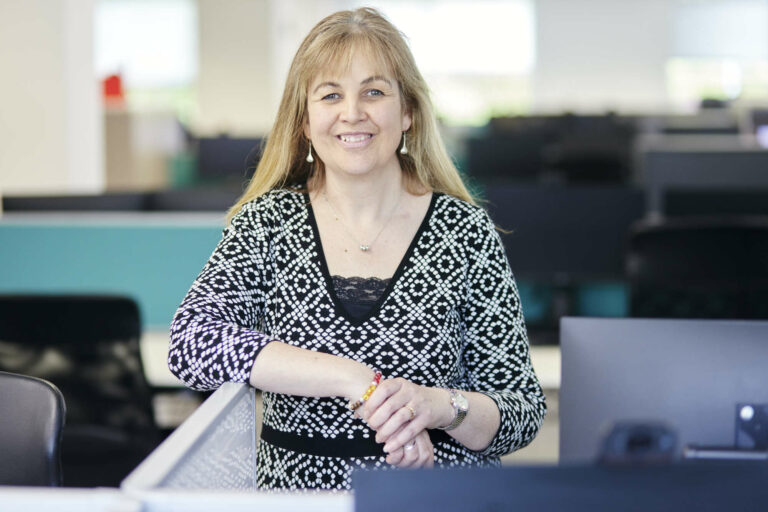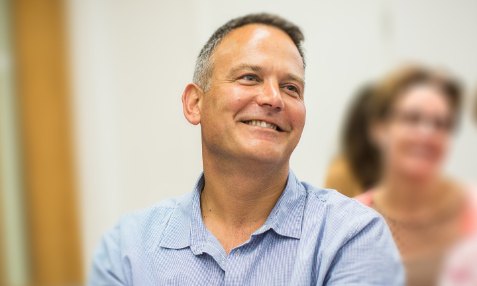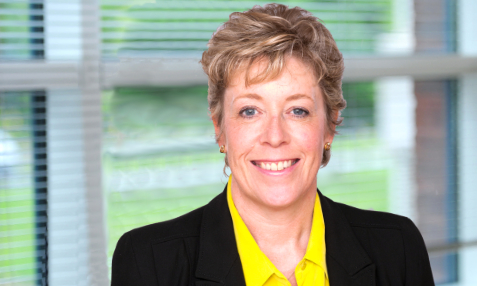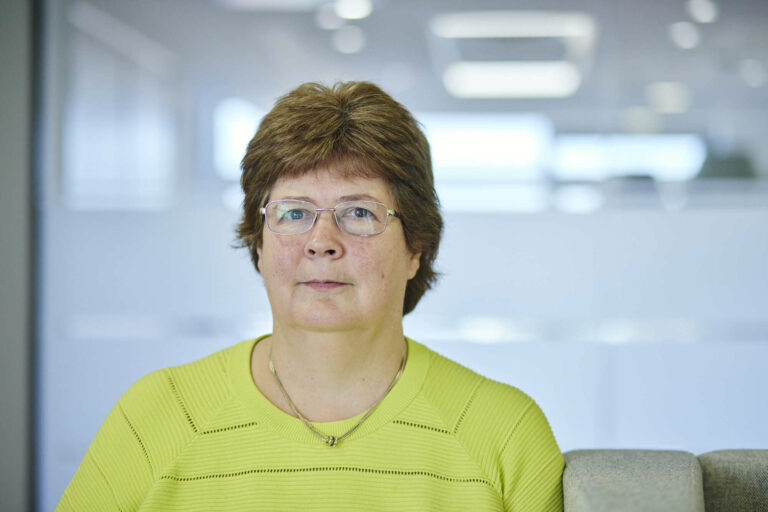
If your baby’s hearing was damaged by medical treatment during their birth, or shortly after, it can often be difficult to find out what went wrong.
Fortunately we’ve been able to help many families by knowing which experts are able to help.
What can cause hearing loss in babies?
There are multiple ways that a baby’s hearing can be damaged by negligent medical care, and these include:
- Birth asphyxia
If a baby’s brain is starved of oxygen during birth, the resulting damage can leave them with a lot of potential disabilities. Your sense of hearing is very resistant to damage and so oxygen starvation on its own is not a common cause of hearing impairment, however, some of the surrounding factors, like being on artificial ventilation for a long time, hypertension and severe hypoxic ischaemic encephalopathy (a disorder of the brain which happens after oxygen starvation), organs not functioning as they should and seizures could all potentially lead to hearing loss.
- Neonatal treatment with the antibiotic gentamicin
Gentamicin is an antibiotic which is known to be toxic to the auditory pathway through which we hear. There is a gene mutation which makes some people susceptible to small doses of gentamicin and so if gentamicin has been prescribed, it could lead to hearing loss even if only given in tiny amounts.
- An enlarged vestibular Aqueduct
If your child’s hearing seems to come and go, then it is important that a condition known as enlarged vestibular aqueduct is checked for. Enlarged vestibular aqueduct is a congenital condition which can be inherited or sporadic and may be associated with other medical conditions and abnormalities of the inner ear. It is the commonest congenital condition found in paediatric hearing loss.
This can be investigated by a Neuroradiologist in consideration of a specific MRI scan investigation.
- Inherited/genetic hearing loss
A significant proportion of hearing losses are caused by genetic conditions. There is evidence that there is link between recessive genes and hearing loss.
This makes it important any family history of hearing loss is investigated. Hearing assessments are often required to rule out undetected hearing loss and a consultation with an audio vestibular specialist might be needed to establish the true cause of any detected hearing loss.
Sometimes an ECG is also needed to exclude prolonged QT syndrome which is a genetic condition of hearing loss associated with heart problems.
Investigation
When investigating the cause of neonatal hearing loss we will obtain all of your child’s GP and hospital ante and post-natal medical records which should include all audiology records and genetic testing results. If relevant, we might also need the records for mum.
Because this is such a complex kind of claim, we also have to obtain evidence of the immediate and wider family’s hearing loss history and take statements from parents. In some cases we may even have to go back a couple of generations and prepare a family tree. Grandparents and parents and siblings may require audiology investigation and assessment; your baby may require genetic testing and imaging to assess the size of the vestibular aqueduct and anatomy of the inner ear; ECG to exclude prolonged QT syndrome and monitoring of hearing and aided hearing levels to establish if the loss comes and goes or gets progressively worse.
Investigating hearing loss in a baby is complex work and requires careful management and expert input. It is often the case that the true cause has not been established though NHS investigations and so some of the tests required may need to be specially arranged, which can be time consuming and expensive.


















